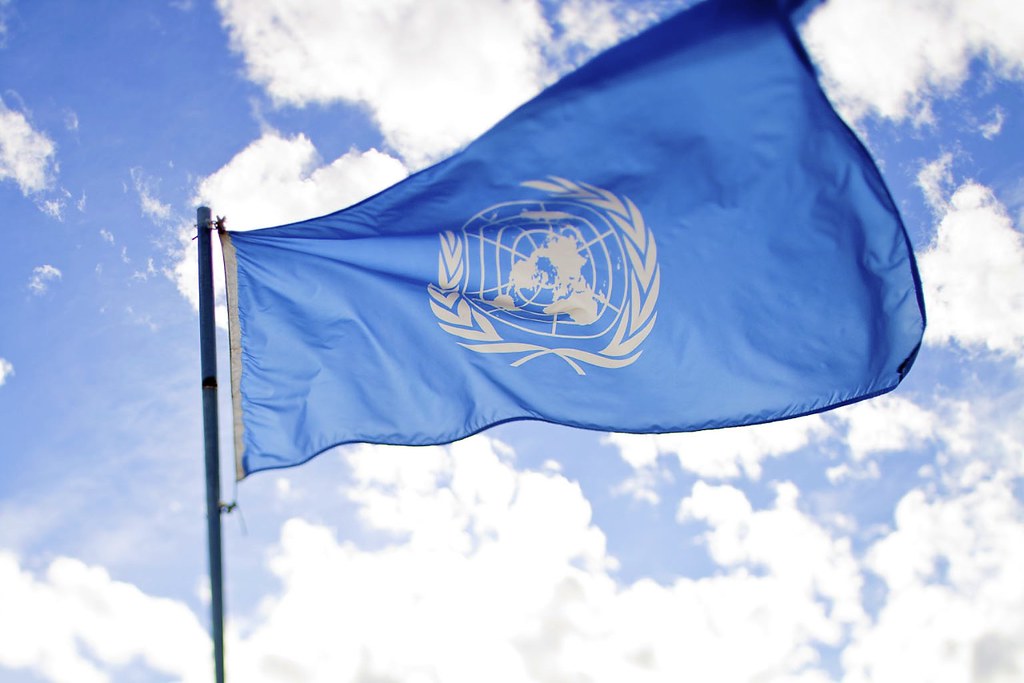
A UN fact-finding mission (FFM) has concluded that the Iranian regime’s human rights violations during its brutal suppression of protests in 2022 amount to crimes against humanity.
In November 2022, the UN Human Rights Council established an FFM two months after the Woman, Life, Freedom protests that swept the country. The protests were in response to the death of 22-year-old Mahsa Amini, who died while in police custody.
The FFM report states that the regime carried out widespread and sustained human rights violations specifically targetting women and girls which amount to international human rights violations.
According to the UN report, the FFM has
"established that many of the serious human rights violations … amount to crimes against humanity – specifically those of murder; imprisonment; torture; rape and other forms of sexual violence; persecution; enforced disappearance and other inhumane acts – that have been committed as part of a widespread and systematic attack directed against a civilian population, namely women, girls and others expressing support for human rights."
Human Rights Watch has reported that during the protests over 20,000 people were arrested, and more than 500 people were killed by security forces.
The report also found that those who were arrested and detained including children were subjected to sexual assault, electrocution, beatings, and rape.
The FFM team has concluded that throughout the protests the Iranian government,
“committed a series of extensive, sustained and continuing acts that individually constitute human rights violations directed against women, girls and persons expressing support for gender equality and the rights of women and girls and, cumulatively, constitute what the mission assesses to be gender persecution in the context of the protests and associated repression of fundamental rights”
Chair of the FFM, Sara Hossain urged the government to " immediately halt the repression of those who have engaged in peaceful protests, in particular women and girls.”
The FFM team is expected to present its findings in the 400-page report to the UN in Geneva at the end of March.
Read more in the Guardian.
